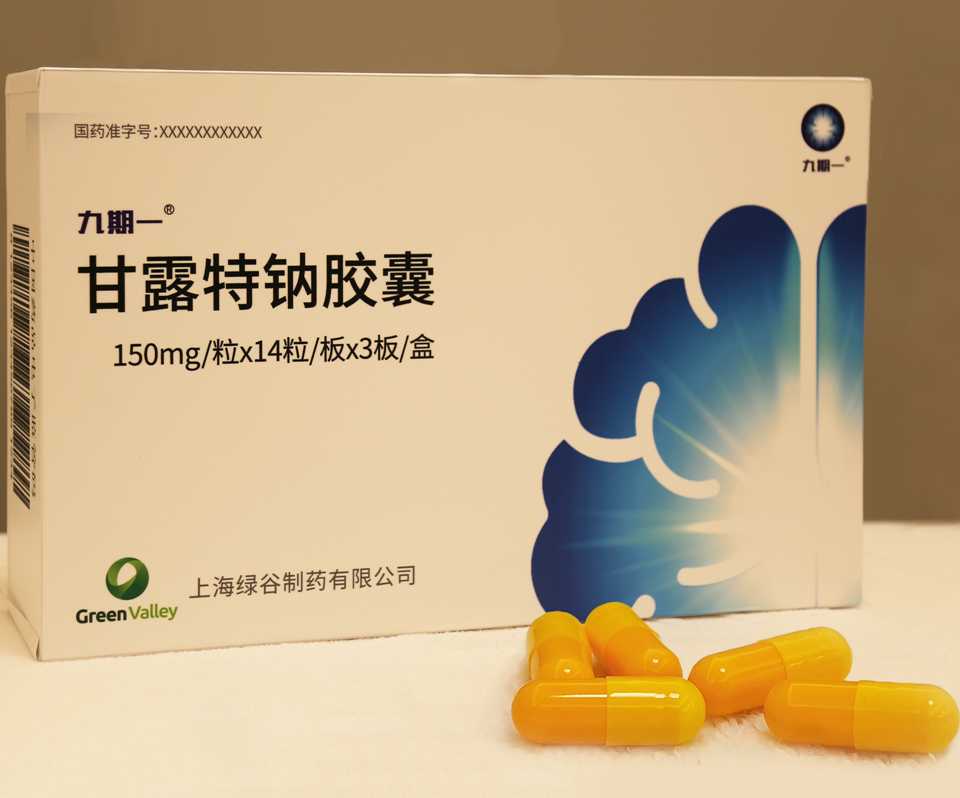GV-971, the home-grown drug treating Alzheimer's disease. [Photo provided to chinadaily.com.cn] On Saturday, the National Medical Products Administration announced it had approved a new medicine co-developed by several Chinese teams, which will provide new treatment options for Alzheimer's disease patients. Tu Ewen and Zhou Jian, two senior doctors on brain science at the Brain Hospital in Hunan province, comment: Previously, Alzheimer's disease used to be called "senile dementia" but that practice has been given up. One of the main reasons for that is to avoid insulting the patients, while another is that senile dementia is far from enough to properly describe and cover all the people suffering from the disease. In the early stages of Alzheimer's, the patient is may simply seem to be forgetful. He/she forgets to close the door, forgets to switch off the gas after cooking. As the disease progresses, he or she even forgets where his/her home is after walking in the park, and some patients even gradually lose the ability to speak, with his/her character being altered and mental state turning abnormal. If untreated, in the end the patient might even be unable to take care of him/herself and have to stay in bed all day, with quite many suffering from gatism. For the family, that is a tragedy because other family members have to watch their beloved changing day by day. For society, Alzheimer's is a heavy medical and financial burden because each patient needs several caretakers and heavy medical resources. The total number of patients suffering from Alzheimer's disease worldwide might be as high as 46.8 million, of which 6 million are in China. Unless the situation is controlled, by 2050 the total number of patients in China might exceed 20 million, making it the highest in the world. Yet the cause of Alzheimer's disease has been unclear, and as medical researchers we only know it is associated with abnormal deposits of a kind of amylum protein, which kills the neurons in human brains. For long, the main treatments for Alzheimer's in the early stage concentrated on such things as improving signal transmitters between neurons. However, the treatment this time has hit a new point by balancing the intestinal flora of the human body, which will help to curb the amylum protein from depositing too fast in human cells. That new thinking has already got support from clinical tests and it will be put into use now it has received approval from the National Medical Products Administration. Of course, passing the national approval is only one key step for the new medicine's march forward. It is too early to say that it is a cure for Alzheimer's disease. Whether Alzheimer's can be cured will depend on the performance of the new medicine in actual use. But the new medicine does offer hope.
Chinese-developed drug treatment holds promise of cure for Alzheimer's
Editor:李莎宁
Source:chinadaily.com.cn
Updated:2019-11-04 12:28:03
Source:chinadaily.com.cn
Updated:2019-11-04 12:28:03
Special
Contact
Welcome to English Channel! Any suggestion, welcome.Tel:0731-82965627
lisl@rednet.cn
zhouqian@rednet.cn











